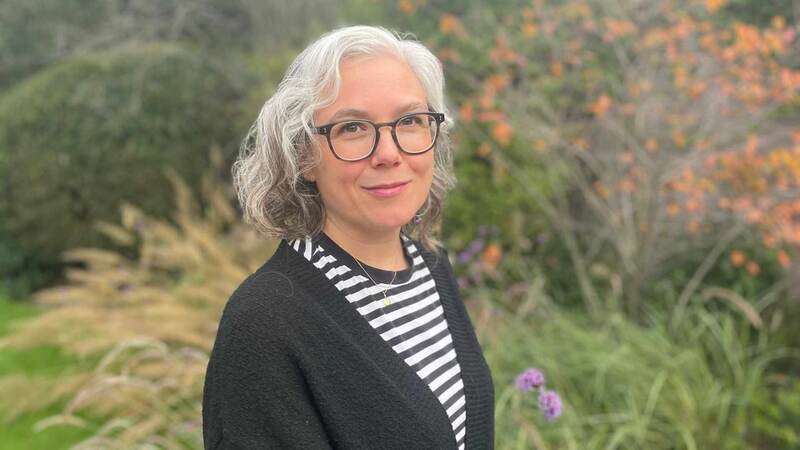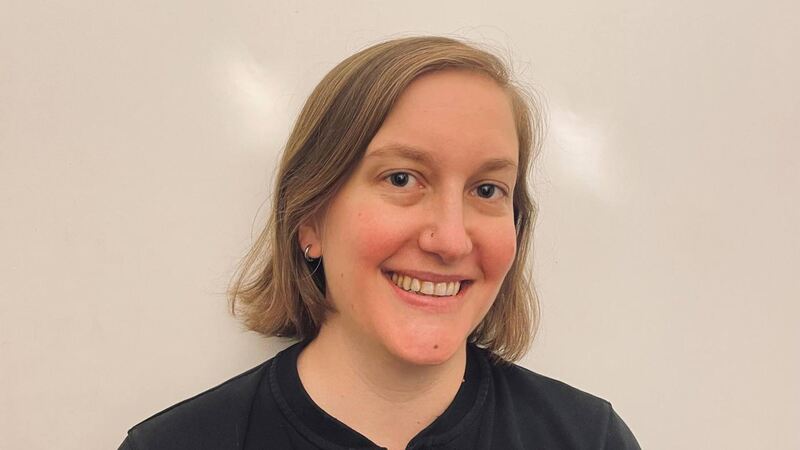You are viewing your 1 free article this month. Login to read more articles.
Please, cover kids' books
The UK media needs to do much better in highlighting our brilliant children’s books.
I write children’s books because I believe they’re the most important books of all. They’re the books that make us readers in the first place. And as books written for an audience that includes children but excludes no one, I think children’s books are really books for everyone; books that can repay a lifetime’s reading.
Yet children’s books are almost invisible in the mainstream media. A few years ago, I ran a campaign called #CoverKidsBooks, which found that children’s books received just 3% of national newspaper book review space, despite accounting for over 30% of the British book market.
Awards are among the only occasions when children’s books do attract coverage, but in recent years, we’ve lost some major ones. The Guardian Children’s Fiction Prize, which had run since 1965, was quietly discontinued in 2017. The Costa, which began in 1971 as the Whitbread, was terminated in 2022. This was a particularly big blow because the Costa gave children’s books a rare chance to compete for the overall book of the year prize (won by Philip Pullman in 2001 and Frances Hardinge in 2016, both huge stories that brought many new readers to children’s literature). And within a month of the Costa’s closure, the Blue Peter Book Awards were also axed.
These losses didn’t only affect children’s writers, illustrators and publishers. They were also disastrous for booksellers, librarians, teachers, parents and all the other buyers and recommenders of children’s books, as well as all the many adults who read children’s books for their own enjoyment. Without review space or prizes, how are adults meant to know what’s best in the field, especially when over 10,000 new titles are published every year in the UK?
Editors of newspapers, magazines, TV and radio programmes: please take note. Children’s books exist. They matter, enormously. And they deserve to be covered
So when it was announced that the Week Junior and The Bookseller magazines had teamed up to create The Week Junior Book Awards, it was greeted with enormous joy and relief. Never has such a thing been so desperately needed. And both these publications have outstanding records of covering children’s books, taking them seriously, giving space to them and their creators.
I was delighted when my book Tyger was shortlisted for one of these awards, giving me the chance to attend the first awards ceremony, held at County Hall on 2nd October. It was wonderful to see the whole world of children’s books there, all as excited as I was to support this new initiative.
It felt especially meaningful because these awards were very thoughtfully curated. There were extremely strong shortlists in multiple categories, showcasing not only the many different types of children’s books, but also creators.
The awards highlighted just what a golden age of children’s literature this is. There are so many brilliant writers and illustrators at work today, from the oldest, most venerated national treasures to the newest young sensations. We see richer, wider, more diverse representation among children’s book creators and characters than ever before. And these books are being produced at phenomenally high levels, providing not only verbal but also visual and tactile delights.
Given the strength and depth of the field, I was certainly not expecting an award, so I was blown away when Tyger received one. But I was even more blown away when my comments about just how vital these awards were seemed to resonate widely with the audience.
I am far from alone in believing that children’s books are the books that change lives. The research shows that children who read for pleasure do better in every way than children who don’t. I believe that every child can be a reader, if we can only help them to find books that they will love; books that will light the spark of literacy and bring all the lifelong benefits that come with it.
I know first-hand, having visited countless bookshops, libraries and schools up and down the country as a children’s author, just how many champions there are out there. There are so many brilliant booksellers, librarians and teachers: people who genuinely love children’s literature, have incredibly deep knowledge of the field, and work tirelessly to help readers find the very best books.
But they need help to do this work. And that’s why it matters so much that the best new books are regularly reviewed, discussed and celebrated. So I would like to say a huge and heartfelt thank you to everyone who played a part in creating The Week Junior Book Awards. I would urge everyone who cares about children’s books to share the lists and spread the word; help these awards to grow and grow.
And I would like to take this opportunity to call on the national media. Editors of newspapers, magazines, TV and radio programmes: please take note. Children’s books exist. They matter, enormously. And they deserve to be covered.



















